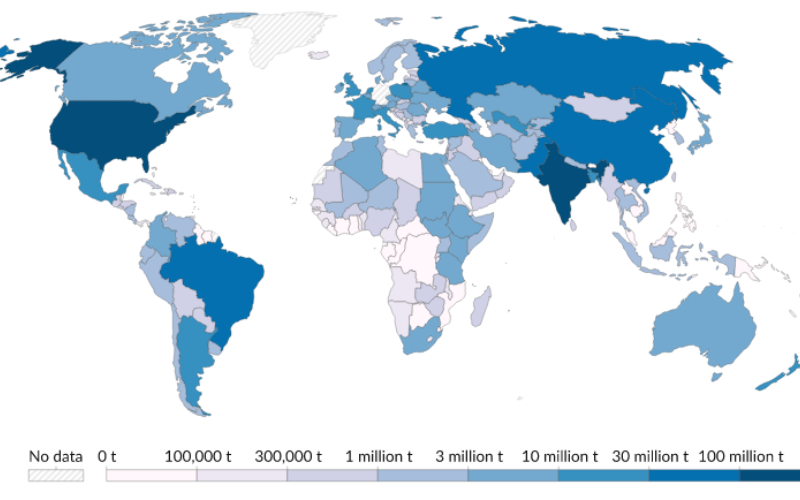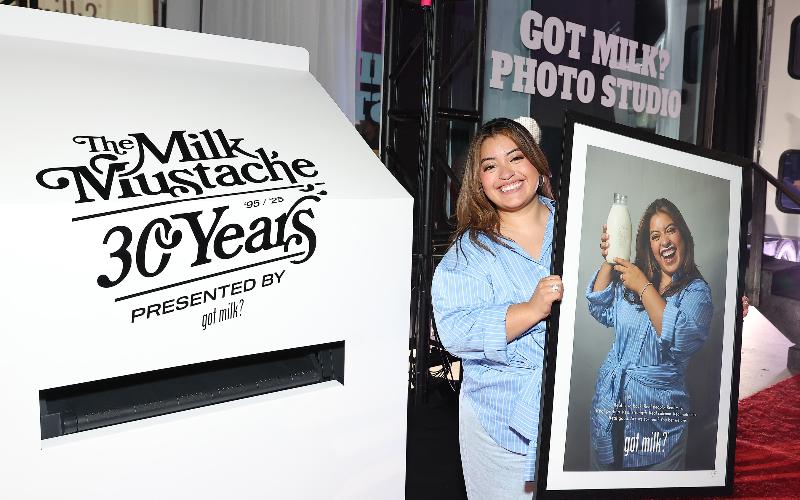Wisconsin Dairy Summit On November 18 to Highlight Innovative Research
The Dairy Innovation Hub is set to host its sixth annual Dairy Summit conference on November 18 at the University of Wisconsin–River Falls College of Agriculture, Food and Environmental Sciences (CAFES). The event will highlight over 260 research projects pivotal to the $52.8 billion Wisconsin dairy industry. The summit is designed for a wide audience and aims to showcase the Hub’s extensive research initiatives, which are bolstered by a $7.8 million annual state investment.
A key feature will be the inaugural student impact panel, highlighting the Hub’s focus on workforce development. The panel, involving students from UW–Madison, UW–River Falls, and UW–Platteville, will demonstrate the Hub’s role in providing essential research grants and networking opportunities. Among the highlighted projects, Mitchell Armstrong is studying membrane filtration technologies for dairy byproducts, while Mackenzie Krajco explores biochar covers to reduce greenhouse gas emissions from manure. Another initiative by Kylie Beilke revolves around milk quality research tackling mastitis and immune function in dairy cattle.
The summit will include guided tours of key facilities at UW–River Falls, such as the Dairy Pilot Plant and the Humane Handling Institute, offering attendees insights into cutting-edge research environments. Dean Mike Orth of CAFES voiced optimism about showcasing these facilities, particularly the modern Dairy Pilot Plant.
Since its inception, the Dairy Innovation Hub has funded more than 260 projects across its campuses, reinforcing Wisconsin’s stature as a leader in dairy. The summit is free and open to the public. Pre-registration is required.
DAIRY SUMMIT AGENDA – Nov. 18, Riverview Ballroom, University Center, UW–River Falls
- 9 a.m. – Registration, posters, and continental breakfast
- 9:45 a.m. – Welcome comments, UW–River Falls interim chancellor John Chenoweth
- 10 a.m. – Student impact panel
- 10:45 a.m. – Break, refreshments, and poster viewing
- 11:15 a.m. – Hub-funded research introductions
- 12:15 p.m. – Lunch
- 1 p.m. – Poster session
- 2-4:30 p.m. – Tours (participants will be split into smaller groups and rotate between three tour stops.)
- 4:30 p.m. – Adjourn


